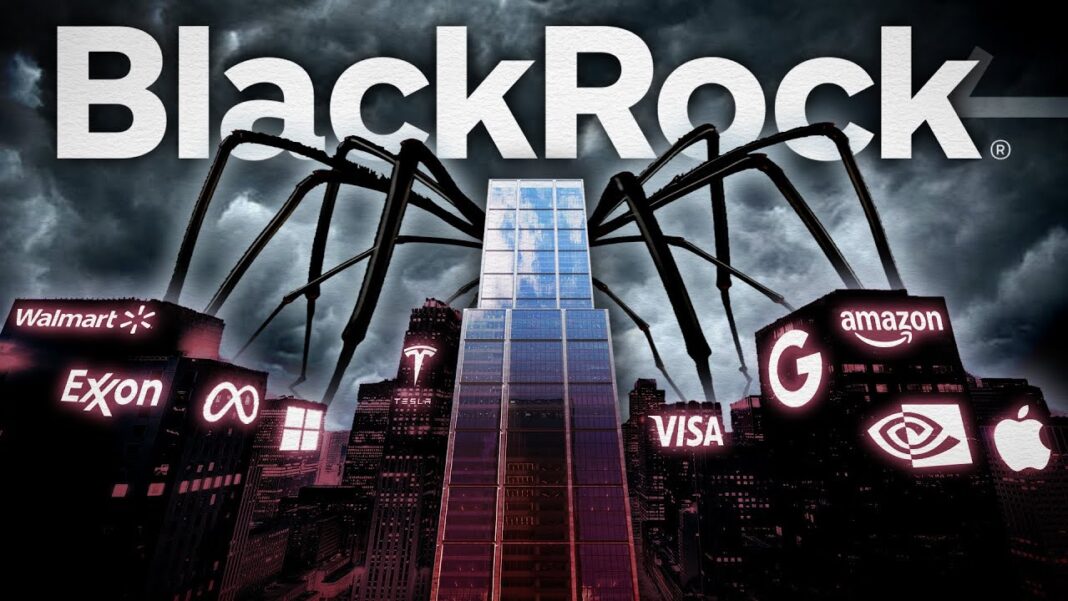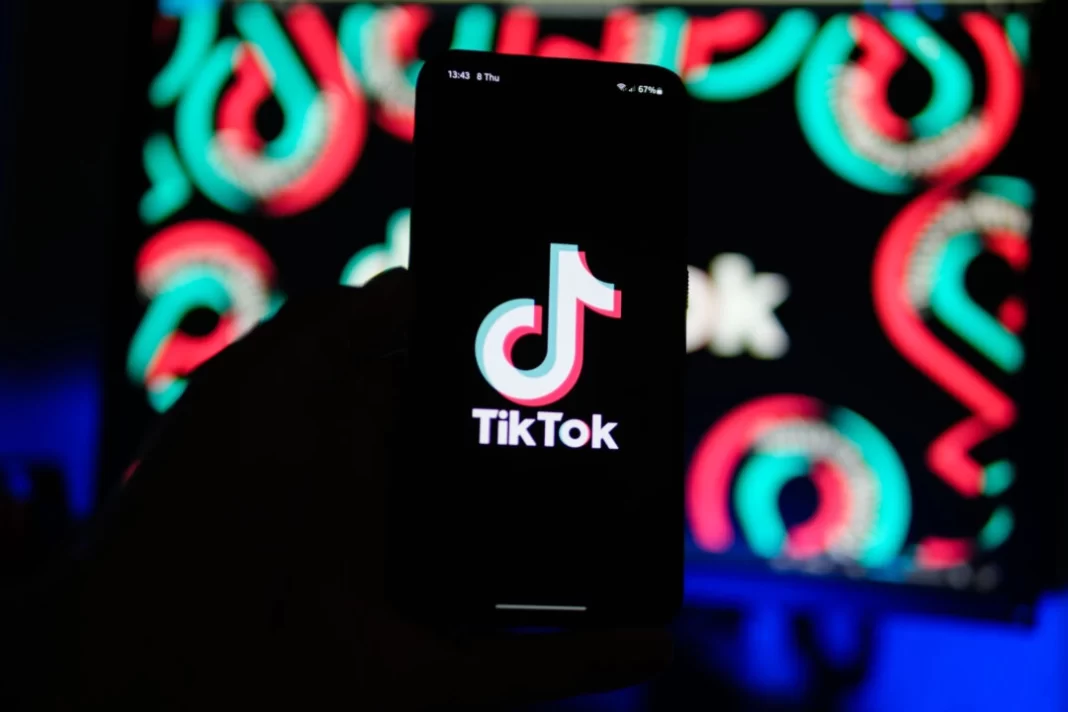On Jan. 10, the court will consider TikTok’s emergency request to pause a law requiring it to sever Chinese ties or be banned from the United States.
Legal experts differ about how they think the Supreme Court will rule on a federal law requiring Chinese tech company ByteDance to sell TikTok by Jan. 19 or be shut down in the United States.
The court will hear TikTok Inc. v. Garland and its companion case, Firebaugh v. Garland, together on Jan. 10 in a dramatic legal showdown nine days before the “divest-or-ban” law takes effect.
Complicating matters, President-elect Donald Trump, a social media enthusiast, is urging the justices to put the law on hold so he can attempt to fashion a political solution when he returns to the White House in the coming days.
According to the emergency application filed by the platform, in 2023, there were about 170 million monthly U.S. users of TikTok who uploaded more than 5.5 billion videos that received upward of 13 trillion views, half of which took place outside the United States.
In the same year, users viewed content originating from abroad upward of 2.7 trillion times.
The Jan. 10 high-stakes hearing stems from the Protecting Americans from Foreign Adversary Controlled Applications Act, which was signed into law by President Joe Biden on April 24, 2024.
The bill was approved by the Senate 79–18 the day prior as part of a larger foreign and military aid package after the House passed it 360–58 on April 20, 2024.
TikTok is operated in the United States by TikTok Inc., a U.S. company that Cayman Islands-based ByteDance owns indirectly.
According to the application, ByteDance owns subsidiaries in China and other nations.
Global institutional investors own about 58 percent of the company, while 21 percent is owned by its employees. Another 21 percent is owned by Zhang Yiming, a Chinese citizen who resides in Singapore. Zhang resigned as CEO of ByteDance in 2021.
TikTok denies Chinese influence in its operations.
“No arm of the Chinese government has an ownership stake—directly or indirectly—in TikTok Inc. or ByteDance Ltd.,” the application reads.








